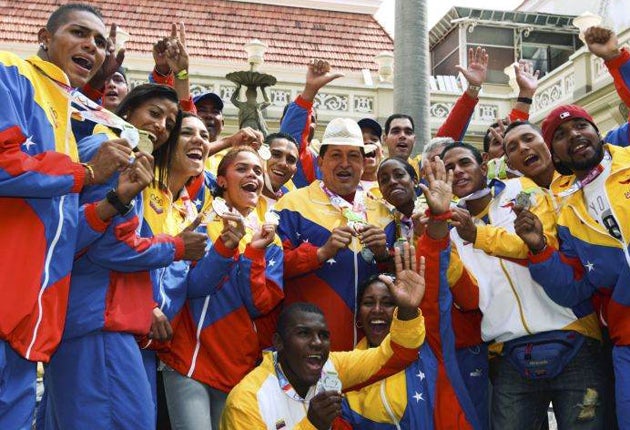Your support helps us to tell the story
From reproductive rights to climate change to Big Tech, The Independent is on the ground when the story is developing. Whether it's investigating the financials of Elon Musk's pro-Trump PAC or producing our latest documentary, 'The A Word', which shines a light on the American women fighting for reproductive rights, we know how important it is to parse out the facts from the messaging.
At such a critical moment in US history, we need reporters on the ground. Your donation allows us to keep sending journalists to speak to both sides of the story.
The Independent is trusted by Americans across the entire political spectrum. And unlike many other quality news outlets, we choose not to lock Americans out of our reporting and analysis with paywalls. We believe quality journalism should be available to everyone, paid for by those who can afford it.
Your support makes all the difference.When you're stuck in a traffic jam on Easter Monday, spare a thought for the holidaymakers of Venezuela. Their spring break has just been extended by three extra days – but they might have to spend some of it in the dark.
The country's president, Hugo Chavez, decreed yesterday that the Monday, Tuesday and Wednesday after the Easter weekend would this year become public holidays, as an emergency measure to slash his country's electricity consumption in the face of a severe energy crisis.
Most Venezuelans will now get an entire week off work, from Maundy Thursday on 1 April until the following Thursday. The only people to miss out on the bonanza are the unfortunate employees of restaurants, hotels, pharmacies and banks, which are deemed "essential" and therefore allowed to stay open.
Mr Chavez stressed that the move was "not about lethargy, but about saving energy". He figures that people relaxing on the largely Catholic nation's Caribbean beaches will use less power than they would do at work, and will be rested and productive when they finally return to their day jobs.
But the country's business community doesn't see things that way. Many firms have already seen their bottom line suffer because of rolling electricity blackouts introduced to save energy, and say the extended holiday will further eat into their profit margins. The left-leaning government has also begun raising punitive surcharges on companies whose electricity use it deems excessive.
Mr Chavez blames the power shortage on a severe drought, which has pushed water levels at the large hydroelectric installations such as the Guri Dam complex on the Orinoco River, which provide the majority of Venezuela's energy, to critically low levels.
His political opponents disagree. They argue that Venezuela's vast oil and gas reserves ought to give the nation a bottomless supply of cheap electricity, but say the state-run power companies are hopelessly inefficient. They also accuse Mr Chavez of failing to invest in energy infrastructure during the 11 years he has been in power.

Join our commenting forum
Join thought-provoking conversations, follow other Independent readers and see their replies
Comments